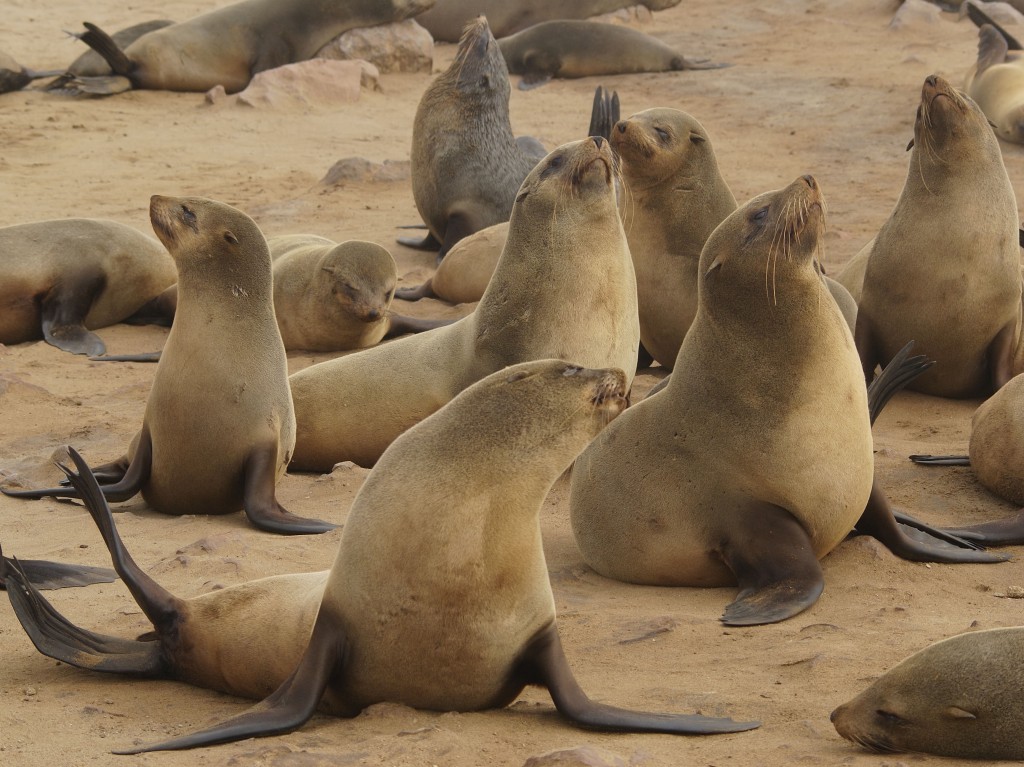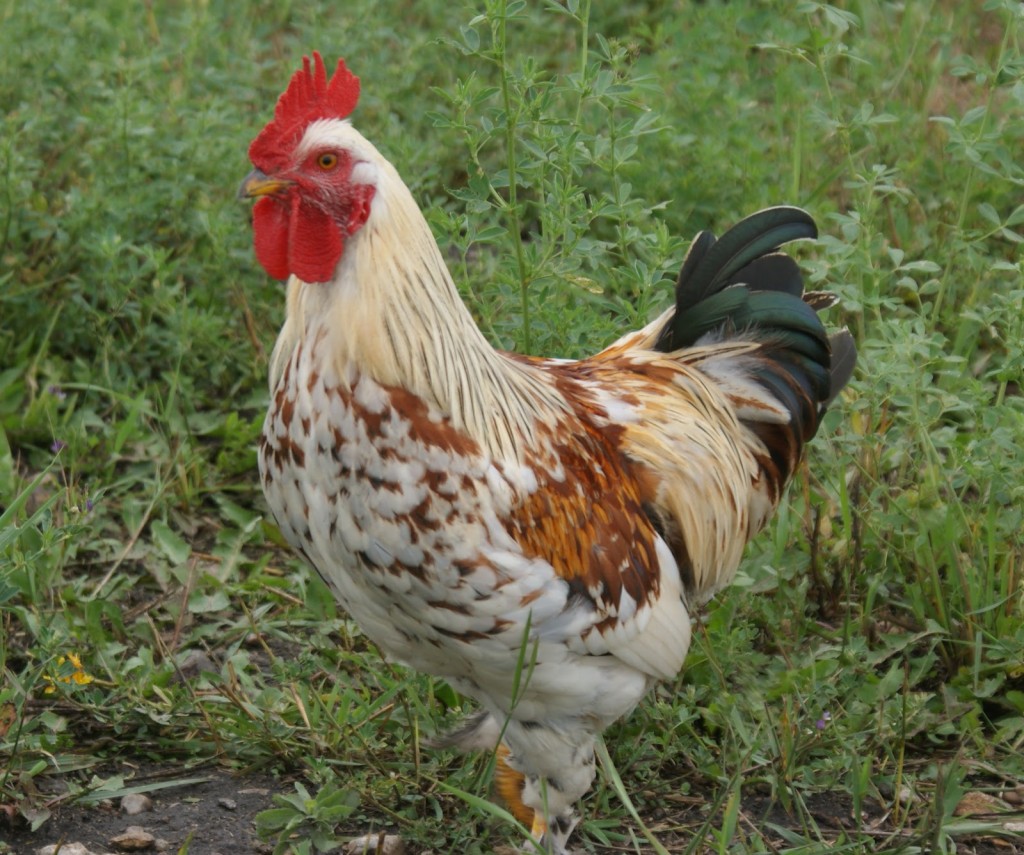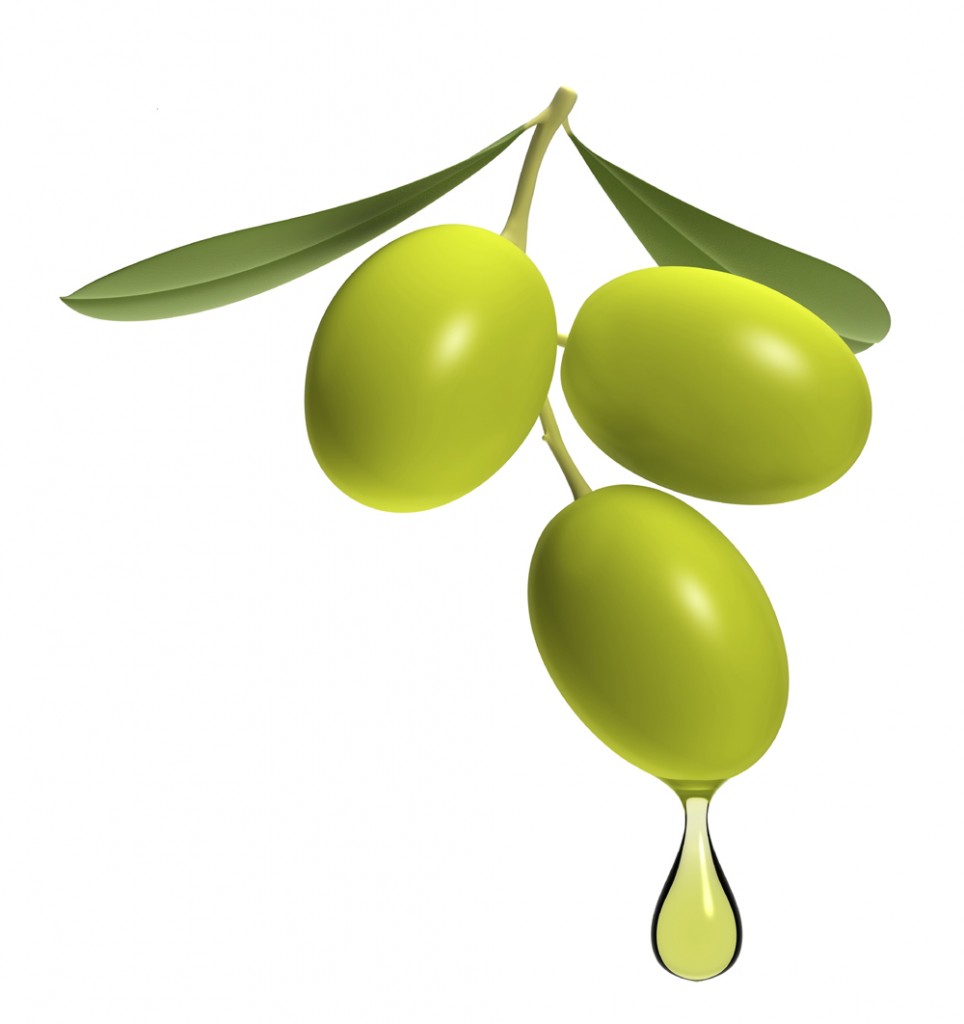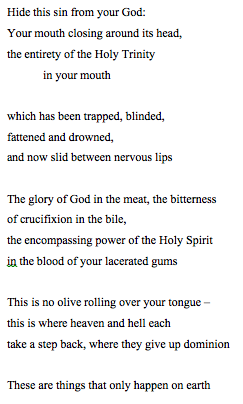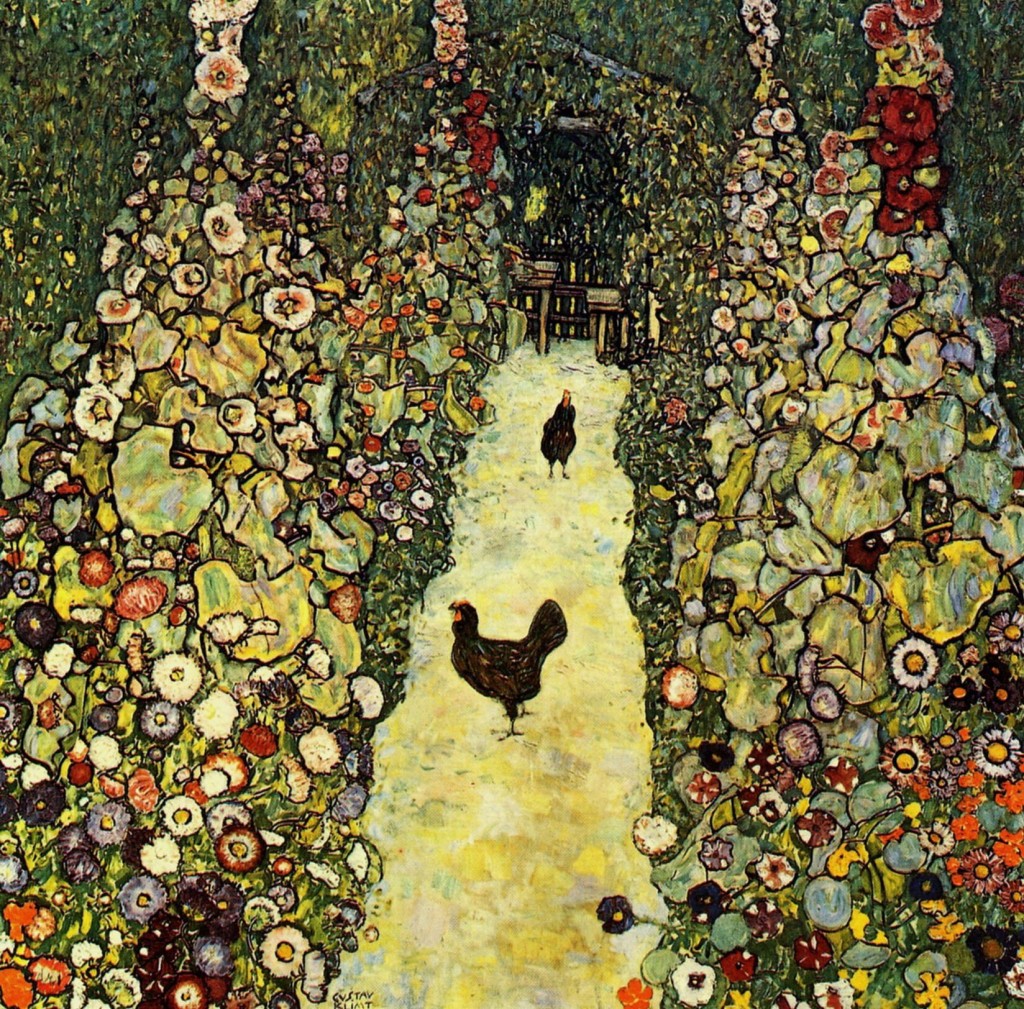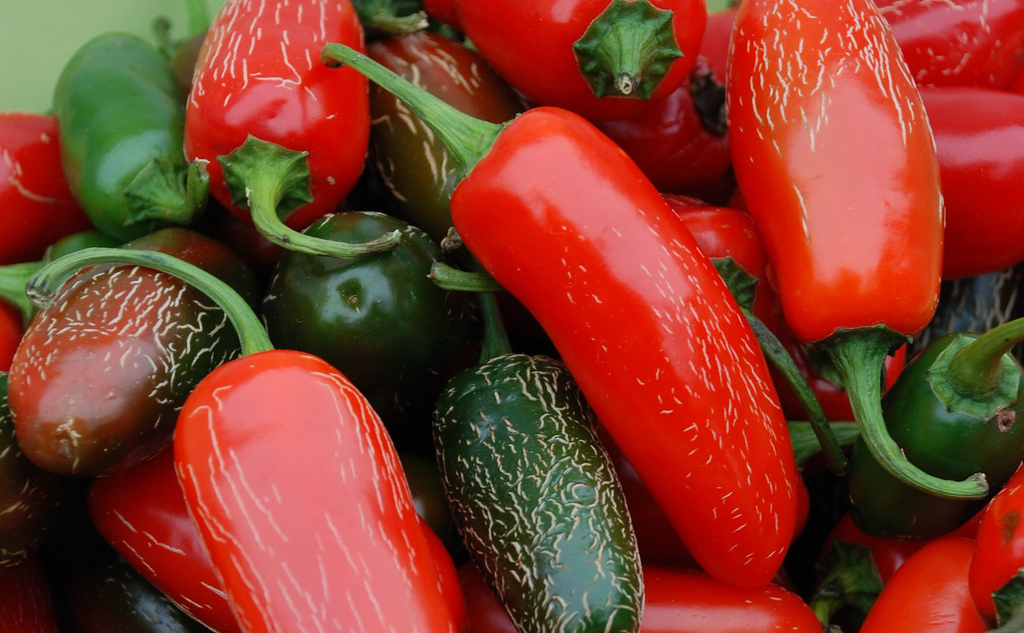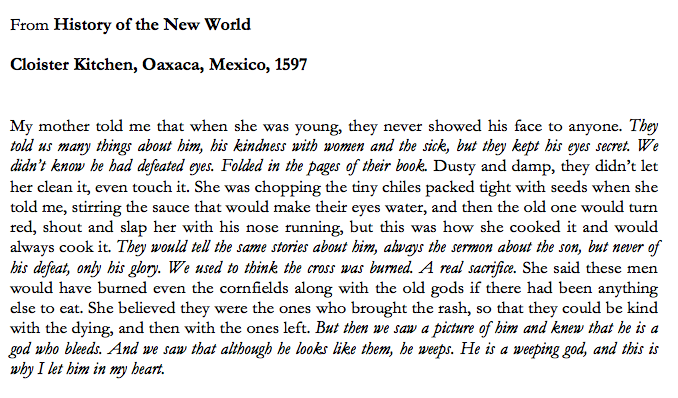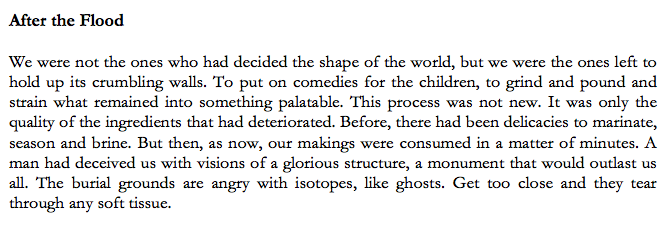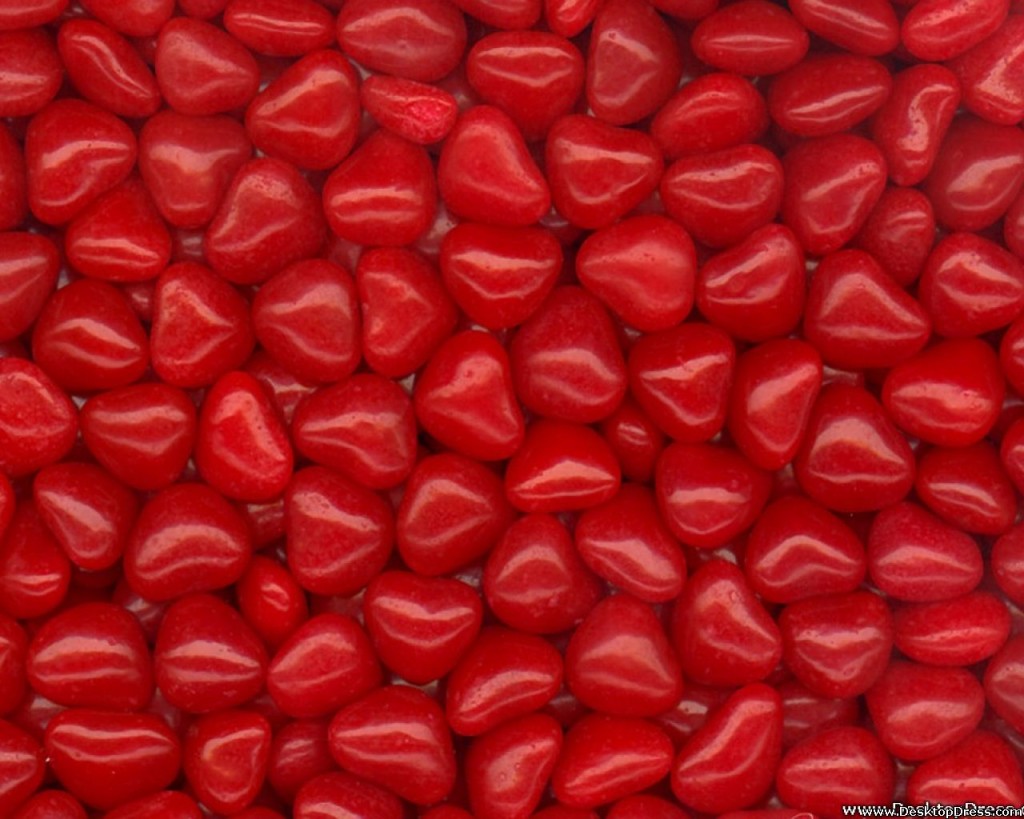by Megin Jimenez
My grandmother twisting the neck of a hen. It’s my most distinct memory of her, of the handful I have left. I was about four years old, and I wasn’t frightened, because it was my grandmother I was watching calmly handle the hen, though I was unsettled by its jerking movements as it continued walking, after its neck had been broken, nothing like the deliberate motions of the hen alive. I had been afraid of being pecked by the living hen, with its scaly feet and sideways stare that did not seem to see me.
Memories from that deep inside childhood are fractured and unreliable, but I am certain that my grandmother wore thin silver bangles around her wrists, and that the hen was made into a hearty soup in a gigantic aluminum pot, and that the connection between the dying animal and the soup in the pot seemed self-evident. There is also that burnt-hair smell in the memory, which means that the bits of feather left on its flesh must have been burned off as part of the cleaning process.
I was also about four years old the first time I can remember visiting the United States. (“The States” is my mother’s country, Venezuela is my father’s. I grew up in an unnamed territory in between, of which my sister is the only other inhabitant.)* Among the sharpest fragments of this first conscious visit is the tasting of a chocolate frosty from Wendy’s. There’s the thrill of the exotic there, of holding a new toy. The bright yellow and red cup, the picture of the little redheaded girl with her pigtails. Who is she? Bathing my tongue in the grainy cold substance. That unmistakable tinge of a flavor that could never be created at home. “Processed” is what I would call it now; maybe there’s a petroleum product somewhere in the mix. It was startling and delicious and I didn’t want to come to the bottom of the cup.
*
When I was little, there were no American fast food places in Mérida, the small university city where I grew up. The quick and cheap meals were had at the plentiful hot dog and hamburger stands, which have the delicious custom of putting shoe string potatoes on anything you order, or at an arepera, counter places where you could get an arepa stuffed with your choice of a dozen fillings, ranging from stewed shredded beef to boiled Cornish hen eggs coated in salsa rosada, “pink sauce”, a blend of ketchup and mayo.
McDonald’s only existed in Caracas, the big city, and there, only in posh neighborhoods .McDonald’s felt like a place you would go in case of flood, or fire, or revolution, like an embassy, or a Hilton. It was clean and bright and as deliciously air conditioned in the tropical heat as only a bank or a fancy office could be.
When McDonald’s finally opened in Mérida (there are several there now), I was a teenager, back for a visit. I remember having an argument with my beloved cousin about why we shouldn’t eat there. I was rallying against “cultural imperialism.” He just wanted to go somewhere fun, have a treat from the land where movies, cars, technology came from, where cool people were hanging out.
The assiduous marketing invested by fast food corporations in hooking children on their stuff is well-documented. Despite my awareness of this cynical scheming, I can still access the great sheltered feeling of being in a McDonald’s. The sense of a larger presence in charge, a smiling presence (Ronald himself?) who condoned the eating of this food, a happy place where children are welcome and the food does not resemble the homely food of home, in a most exciting way.
*
I imagine that anyone who has traveled between “developed” and “developing” countries has a private collection of moments where the juxtapositions engendered by a globalized world have left him or her reeling. Here are some from my collection:
On a beach in Mexico, a smiling little brown girl, her t-shirt has an image of the American flag and the words “Try burning this one, asshole” printed on it.
On an island in the middle of Lake Nicaragua, stepping onto a ferry to the mainland. In the interior room of the ferry, there is a grainy television playing the 1968 cartoon Beatles’ movie, Yellow Submarine.
Then again, if you are paying attention, you need not travel far from an American city to be left reeling from such collisions. A swanky salon, where you can have expensive hair extensions, the best of them grown on the heads of young girls in India, woven into your own locks.
Or head to the nearest grocery store: piled up neatly, blending in like they were natives, are heads of garlic grown in a field in China, apples from Chile, they’ve traveled much further than you ever have.
Bewilderment at the grocery store. What happens after these worlds come together? I used to think something was wrong there, surely something unnatural, unholy was afoot? Catastrophe was sure to follow. But now I recall that I, myself, wouldn’t be here, after all, without the collision of Old World with New, North American with South American.
*
When we moved to the United States and I started third grade, my life in Venezuela was a secret. It was inexplicable and every signal I picked up seemed to deem it inferior. I would not risk coming from an inferior place (Third World, third place), like comparing a vast, shining, air conditioned American supermarket, with its piped-in soft rock, to the stinking people’s market in Mérida, where we had bought vegetable sometimes, with its miasma of smells that took you through every stage and form of decay as you walked past produce, fish and meat sections. Even the flower market had the stink of leaves rotting in standing water. How could the world contain the two? It couldn’t.
*
Lately, there has been a reversal. If you wonder too much about what you should eat, if you read about the politics and ecology and the health of food in the U.S., you end up not wanting to put anything in your mouth. In the conversation about food politics that has emerged in this country over the past decade or so (see, Alice Waters, Eric Schloesser, Michael Pollan, Mark Bittman, Jamie Oliver, Michele Obama, et al), participants all agree on at least one thing: eat food from a small-scale farmer near you.
So, last summer, I joined a CSA. The farm is in Long Island, an acceptable distance from New York City. My pick up location is in Bushwick, a rapidly gentrifying industrial neighborhood in Brooklyn that has long been contending with poverty and its attendant struggles with health, education and adequate housing.
I traveled about a half mile on my bike to pick up the Long Island vegetables in a fledgling food co-op, in a building that also houses a yarn store, a big café and a Chabad house. It is surrounded by beat-up streets, warehouses and truck depots, the ground permeated with toxic waste. The vegetables are organic, and therefore, humble: pitted and lumpy. They are also more than twice the price of their international beauty queen counterparts.
I traveled away from the stocked up grocery stores near home to a polluted industrial neighborhood to pick up homely sweet potatoes, onions, leeks, garlic covered in dirt, as if they were precious and rare. And they are, in a way. They thrill me like a gift. Inspecting them, washing them, making plans for them. And then the peeling, chopping, cooking. They are brighter, tastier. And, it must be said, the vegetables could also be considered, oddly, a status symbol, a class signifier. Earnest woman with a canvas bag, on a bike. A type.
The trip makes me reel, but in a counterclockwise direction. I secreted away my grandmother and her hens, I turned my nose up at the Mérida market with its gorgeous native fruits, only to arrive back in this metropolis, with its sophisticates talking of slow food and roof chickens, which everyday folk cannot afford.
* This was written before the current violence and chaos in Venezuela erupted, the end of which is yet to be written. These events are, to date, the darkest and most dramatic evidence of the convulsive change the country has undergone since Hugo Chavez launched his agenda in 1998. Having witnessed most of this change from the outside and via loved ones, having only experienced some of its transformations, debates and struggles during short visits, the country is not a place I can genuinely say I am “from” anymore, in the way someone who has lived through this change says it; the place I am “from” no longer exists.
Each month a contemporary poet presents three poems and one personal essay in which food is consumed, passed over, or reckoned with. Megin is our poet for February, 2014.
Megin Jimenez works as a translator and lives in Brooklyn. Her work has appeared in Barrow Street, Coconut, Denver Quarterly, La Petite Zine, Sentence, and other journals.


